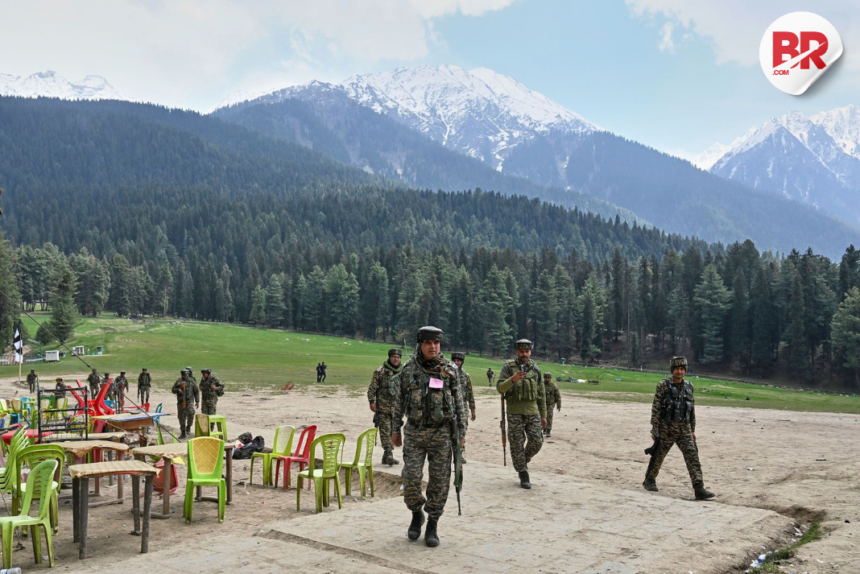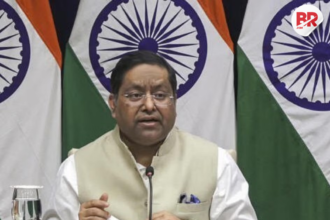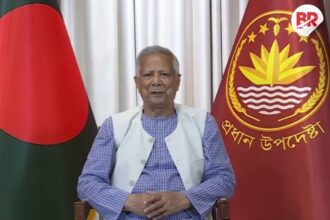
In the quiet valleys of Pahalgam, where snow whispers across pine-laced hills and time seems slower, violence has struck again. Another attack. More lives lost. More silence, but this time the kind that follows screams. And again, we are left with the same aching question: why?
Religion—meant to be a river of peace—often becomes a flood of fire. What was once a compass guiding us to compassion, now too often becomes a weapon wielded in darkness. It is not faith that kills. It is what we make of it. What we use it for. When belief stops inspiring kindness and begins demanding blood, we have already lost.

Faith as a Double-Edged Sword
Philosophers have long warned us: any idea, however sacred, becomes dangerous when it’s stripped of reflection. Religion is, at its best, an act of humility—a reaching out to the divine, a surrender to something greater than ourselves. But when that surrender turns to superiority, and humility gives way to hatred, even the holiest texts lose meaning.
In Pahalgam, the blood spilled is not just of individuals—it is the bleeding of our shared humanity. The idea that someone’s god, someone’s belief, justifies violence against another soul—this is not spirituality. This is spiritual decay.
The Human Cost
Behind every attack is a family shattered. A mother waiting. A child unaware. A friend who still calls a phone that will never ring again. These are not numbers in a news ticker—they are stories cut short. And every time violence is done in the name of religion, that religion loses a piece of its soul. As do we all.
What society endures in moments like these is not just trauma, but corrosion—of trust, of empathy, of coexistence. The fear that grows isn’t just fear of terror; it’s fear of each other. We begin to look at neighbors through lenses of suspicion. And that is how the fabric of community begins to tear.
Also Read Modi Hai To Mumkin Hai: “Never Again” How Modi’s India Responded to Pahalgam Terror
We Are the Question and the Answer
What role does religion play in this? It plays the role we give it.
If we teach our children that faith is about love, they will grow up building bridges. If we teach them that it’s about being right, they will learn to silence those they believe are wrong. If we treat our beliefs as tools to serve humanity, we can heal. If we wield them as weapons to serve power, we will bleed—again and again.
No prophet ever preached hatred. No scripture ever glorified massacre. What changed? We did.
A Plea to Remember
Let the valley of Pahalgam not be remembered only for its sorrow. Let it also be remembered as a place where we paused. Where we dared to reflect. Where, as a society, we chose to reclaim our faith—not from each other, but for each other.
Let us ask more of ourselves. Let us teach our children to cry not just for their own, but for others too. Let us speak of God less with rage, and more with reverence. Let us look at faith as a question: How can I be kinder today? How can I hurt less, love more, divide never?
In the end, every religion tells a story. But the story only matters if the listener chooses to carry its heart forward—not its sword.
Also Read India Suspends Visas for Pakistanis: What the Pahalgam Attack Means for Future Relations












